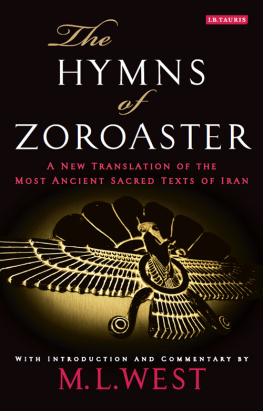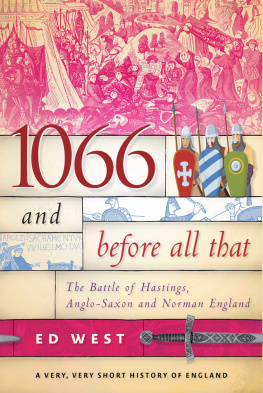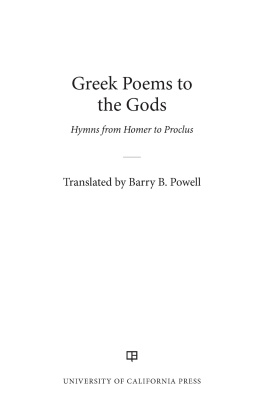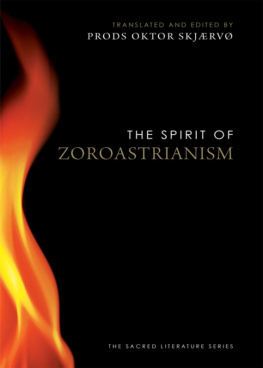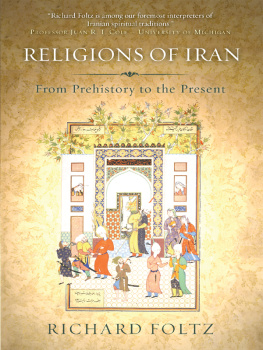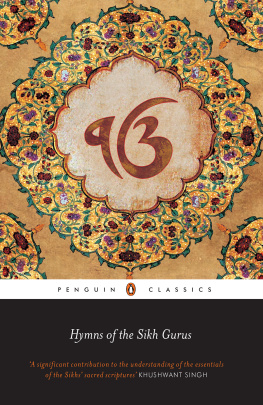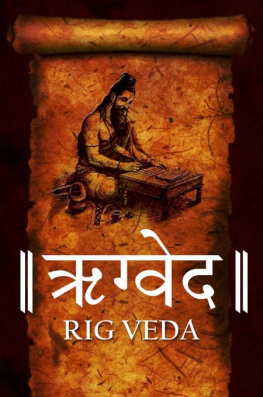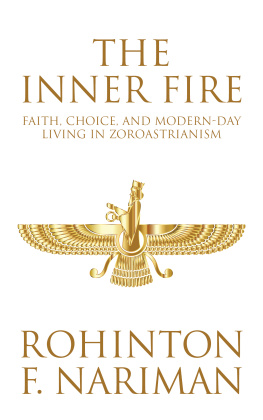M. L. West is an Emeritus Fellow of All Souls College, Oxford, and a Fellow of the British Academy. From 1974 to 1991 he was Professor of Greek at Bedford and Royal Holloway Colleges, University of London. His many books include The Orphic Poems (1983), An Introduction to Greek Metre (1987), Ancient Greek Music (1992), The East Face of Helicon (1997) and Indo-European Poetry and Myth (2007).
Translating the words and comprehending the meaning of Zoroasters devotional poems is always challenging. M. L. West has produced a lucid interpretation of those ancient words. His renditions are filled with insights and empathy. This endeavour is an important contribution toward understanding more fully some of the earliest prophetic words in human history.
Jamsheed K. Choksy, Professor of Iranian Studies, History, and India Studies, Indiana University
A thoroughly worthwhile and refreshingly readable translation of the Older Avesta, M. L. Wests book will be widely welcomed, by students and general readers alike.
Almut Hintze, Zartoshty Reader in Zoroastrianism, School of Oriental and African Studies, London
In this new and dauntless translation of the Gths, M. L. West resuscitates the notion of Zoroaster as the self-conscious founder of a new religion. In advancing this idea, he takes position against many modern interpreters of these extremely difficult texts. The clarity and beauty of his translation will be much welcomed by students of Zoroastrianism and by Zoroastrians themselves, while his bold interpretation will spark off welcome debate among specialists.
Albert de Jong, Professor of Comparative Religion, Leiden University
The Hymns of Zoroaster
A New Translation of the
Most Ancient Sacred
Texts of Iran
With Introduction and Commentary by
M. L. West

Published in 2010 by I.B.Tauris & Co Ltd
6 Salem Road, London W2 4BU
175 Fifth Avenue, New York NY 10010
www.ibtauris.com
Distributed in the United States and Canada Exclusively by Palgrave Macmillan
175 Fifth Avenue, New York NY 10010
Copyright 2010 M. L. West
The right of M. L. West to be identified as the author of this work has been asserted by the author in accordance with the Copyright, Designs and Patent Act 1988.
All rights reserved. Except for brief quotations in a review, this book, or any part thereof, may not be reproduced, stored in or introduced into a retrieval system, or transmitted, in any form or by any means, electronic, mechanical, photocopying, recording or otherwise, without the prior written permission of the publisher.
ISBN: 978 1 84885 347 8 (HB)
ISBN: 978 1 84885 505 2 (PB)
eISBN: 978 0 85773 156 2
A full CIP record for this book is available from the British Library
A full CIP record is available from the Library of Congress
Library of Congress Catalog Card Number: available
List of Maps
Preface
I became acquainted with the poems of Zoroaster some years ago while collecting materials for my Indo-European Poetry and Myth (Oxford 2007). I found that the available translations diverged considerably from one another, and that they all contained a good deal that seemed to me nonsense. I began to apply myself to study of the Old Avestan language in which the poems are written and, over time, to making a new translation for my own use. I soon became fascinated, not only with the problems of understanding the text, but with the personality and achievement of Zoroaster, a revolutionary religious thinker and leader who appeared from nowhere in a remote region of central Asia at the very dawn of Iranian history, or before it, and created a wonderful new faith that eventually became that of the entire Persian empire.
Here in these poems we have the very foundation texts of that religion and the authentic documentation of Zoroasters own convictions and message. If they had been discovered last month, they would be a sensation. As it is, while the name of Zoroaster is vaguely familiar to many people, his poems are practically unknown. Zoroastrian priests have continued to recite them in the liturgy, but with very limited comprehension of the highly archaic language in which they are composed. For something over two centuries a small number of Western scholars have wrestled with them, achieving better understanding by degrees but generally focusing on linguistic details rather than on the sense of the whole, and debating among themselves rather than laying their results before a wider public in a digestible form. To a large extent they have been inhibited by their honest awareness of the many uncertainties of interpretation that still remain. At the same time the fact that the reading of these texts calls for specialist linguistic knowledge has meant that those who have engaged with them have usually been philologists who were more interested in the language than the content.
Their translations have tended to be informed by a scrupulous concern for grammar and lexicography, unmoderated by a like concern for an intelligible and coherent train of thought.
In offering a new version I do not delude myself that all difficulties have been overcome and all obscurities resolved. I am conscious that many of them have not, so many indeed that if everything was not to be snowed under with question marks, only the most major uncertainties could be signalled as such. I believe nevertheless that by careful application I have succeeded more fully than my predecessors in penetrating to the sense of Zoroasters utterances and in producing a translation that, besides being (and in consequence of being) more correct than any previous one, will be found more continuously intelligible, and hence more readable and more likely to impress the reader with the clarity and nobility of Zoroasters religion. He was no purveyor of esoteric mumbo-jumbo but an outstanding figure in the worlds intellectual history who fully deserves the attention of a modern public. The mists are thinning, and he can now be discerned in clearer outlines.
As an appendix to Zoroasters own poems I have thought it appropriate to add the prose text that is the only other source for the earliest phase of Zoroastrianism: the Liturgy in Seven Chapters. This too is a wonderful document, at once a profession of faith and a structured series of prayers and praises that have all the freshness of a young religion and give the impression of ringing out somewhere in the middle of a fresh and hopeful young world.
M. L. West
Note on the pronunciation of Avestan words and names
In the system of transcription used by modern Western scholars letters have approximately the following values:
| a nasalized a, like French en |
| as aw in law |
| a | as y in my |
| ao | as ou in loud |
| like a w pronounced through closed lips |
| c | as ch in church |
| s th in this |
| as a in alone |
| s gh in aargh (on being strangled) |
| ii | as y in yard |
| as ng in sing |
| v | the same combined with a w |
| s sh in ship |
| s th in thing |
| uu, v | s w in twin |
| x | as ch in loch |
| xv | the same combined with a w |

